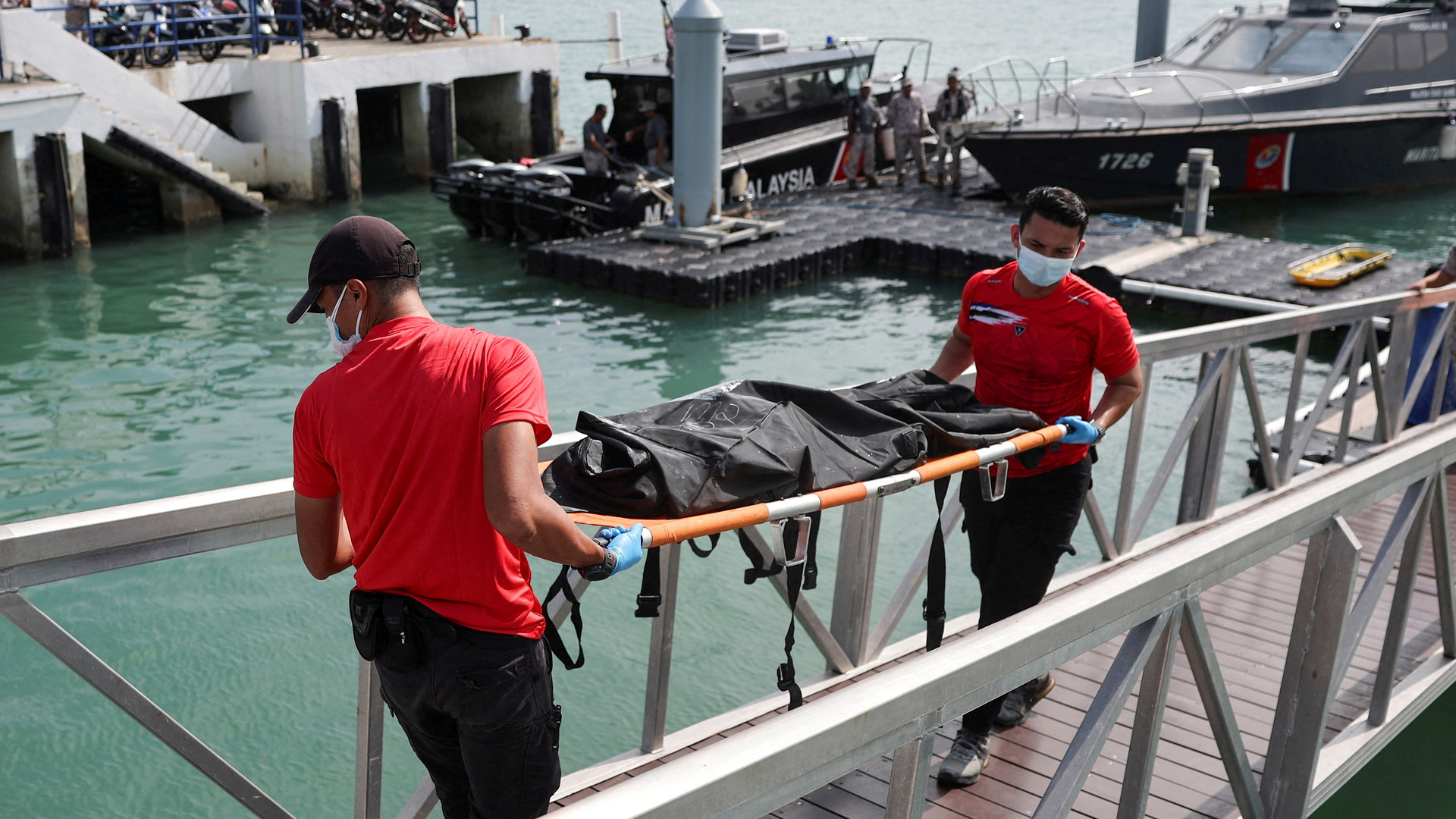The National Agency for Food and Drug Administration and Control (NAFDAC) has issued a public alert over the circulation of a suspected substandard and falsified antibiotic, BETACLOX (Ampicillin 250mg and Cloxacillin 250mg), discovered within Nigeria’s drug supply chain.
According to a statement released by the agency, the product contains fraudulent registration details and originates from an unverified source, posing a serious threat to public health.
The alert followed a report from a retail outlet in Zaria, Kaduna State, which identified the suspicious product after purchasing it from a distributor in Kano. Investigations revealed that the NAFDAC Registration Number (A4-4724) displayed on the fake BETACLOX package actually belongs to Mebendazole 500mg, manufactured by Chi Ltd., indicating a clear case of number misappropriation.
READ ALSO: NCDC Confirms 176 Deaths From Lassa Fever Across 21 States
The fake product, allegedly imported by Freeview Pharmaceutical Ltd., lists its address as No. 128 MCC Road, Calabar, Cross River State. However, verification by NAFDAC confirmed that the genuine Freeview Pharmaceutical Ltd. is registered at No. 101 MCC Road, Calabar, further exposing inconsistencies suggesting unauthorized use of the company’s identity.
Details of the falsified product include:
Product Name: BETACLOX (Ampicillin 250mg and Cloxacillin 250mg)
Batch No.: 230701
Manufacturer: Saeny Laboratory Pvt. Ltd., Kerala, India
Manufacturing Date: 07/2023
ExpiryDate: 07/2026
Fake NAFDAC Reg. No.: A4-4724
All NAFDAC zonal directors and state coordinators have been directed to conduct surveillance and mop up the falsified product across all regions. Distributors, pharmacists, and healthcare providers are urged to remain vigilant, ensuring that medicines are obtained only from authorized suppliers and checking product packaging for authenticity.
Members of the public are advised to report suspicious products to the nearest NAFDAC office or call their toll-free number






